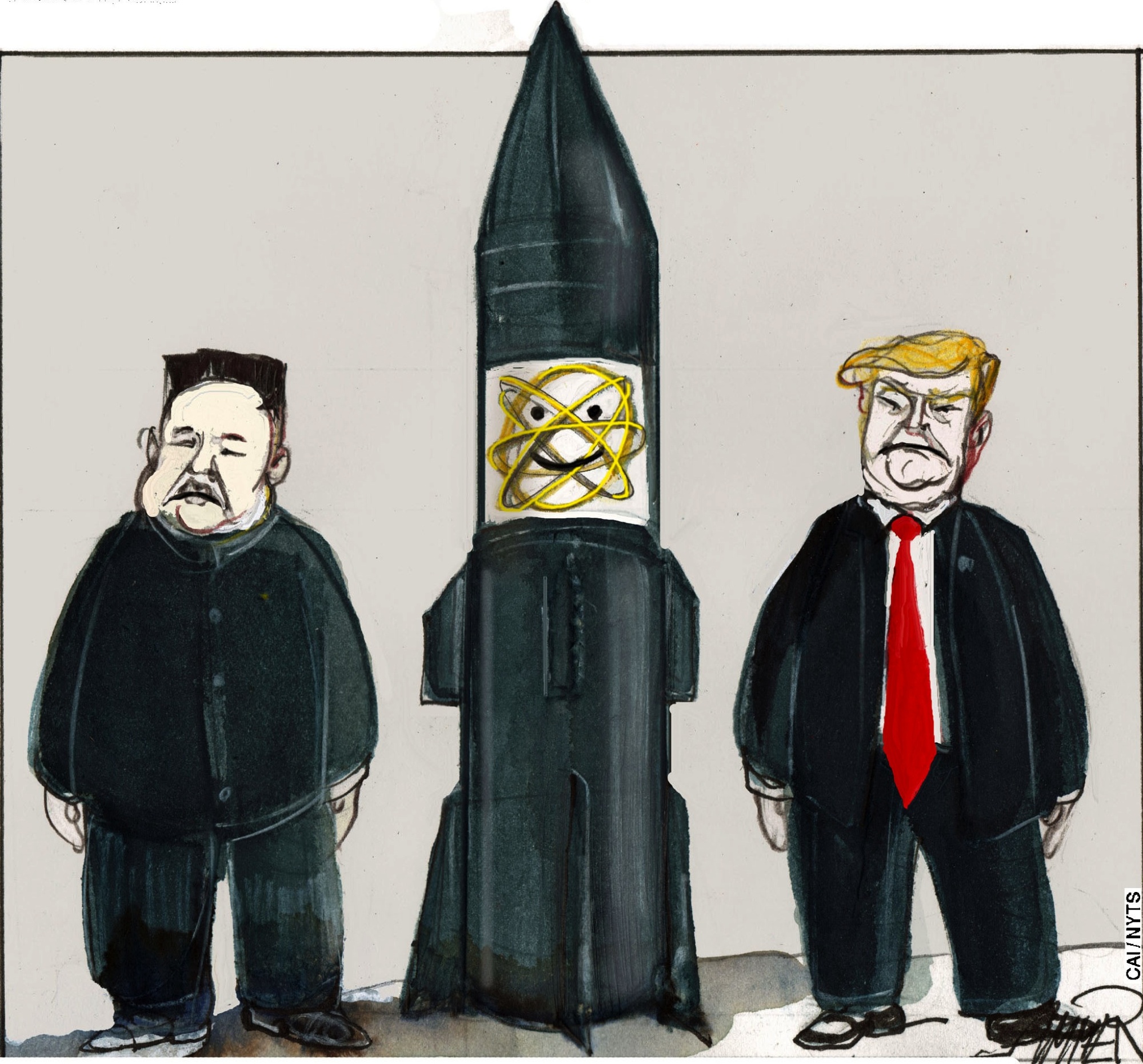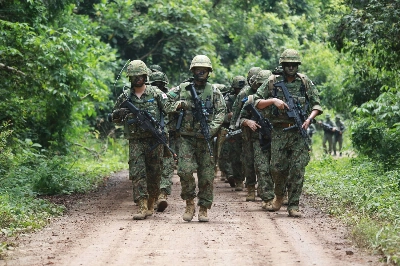The second summit between U.S. President Donald Trump and North Korean leader Kim Jong Un drew to an early close when the two leaders realized they were nowhere near to be able to sign any agreement. For those in Washington who closely monitored the developments leading up to the summit, the fear was that Trump will rush to sign any agreement with Kim for the sake of being able to say he "made a deal." Now that the seemingly the worst fear has been averted (at least for now), what should concern us?
First is how U.S. policy toward North Korea will unfold in the following months. In the press conference immediately following the summit, both Trump and Secretary of State Mike Pompeo stressed that the talk between the U.S. and North Korea will continue — just not at the leaders' level.
One encouraging sign for the observers who looked at Trump administration's North Korea policy with anxiety was Trump actually seemed to have taken the assessment provided by U.S. intelligence community — which he often openly disagrees — into account as he faced Kim. While they both repeatedly said they were "optimistic" that the U.S. and North Korea will eventually reach an agreement, how the U.S. sustain negotiation with North Korea is unclear, especially now it is clear to the entire world that North Korea's original negotiating position was to demand all the sanction to be removed for what can be best called as partial denuclearization. Also, while Trump put a good face in the press conference and stressed that he has a very warm personal relationship with Kim, it is essentially an embarrassment for him not being able to reach a "deal" after two summits. There is no guarantee that as the time goes by, Trump, increasingly distracted by political developments at home including his 2020 presidential election bid, will not go back to "fire and fury" rhetoric.


















With your current subscription plan you can comment on stories. However, before writing your first comment, please create a display name in the Profile section of your subscriber account page.